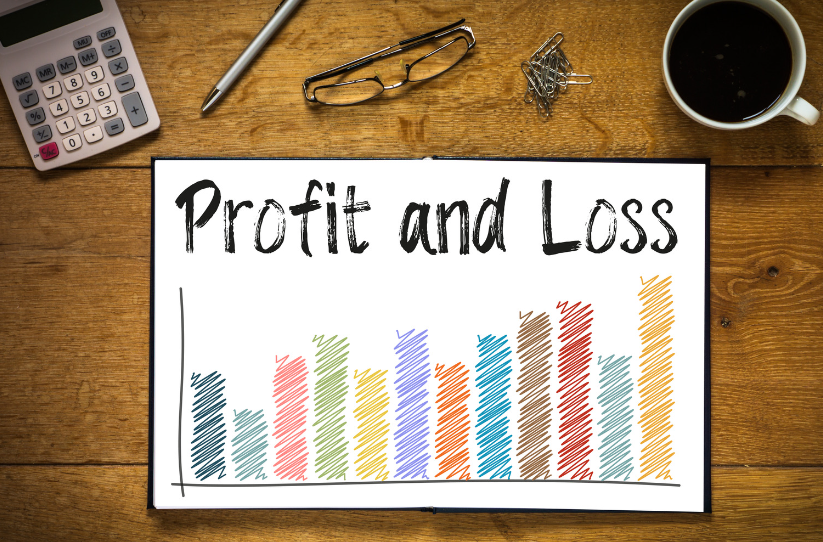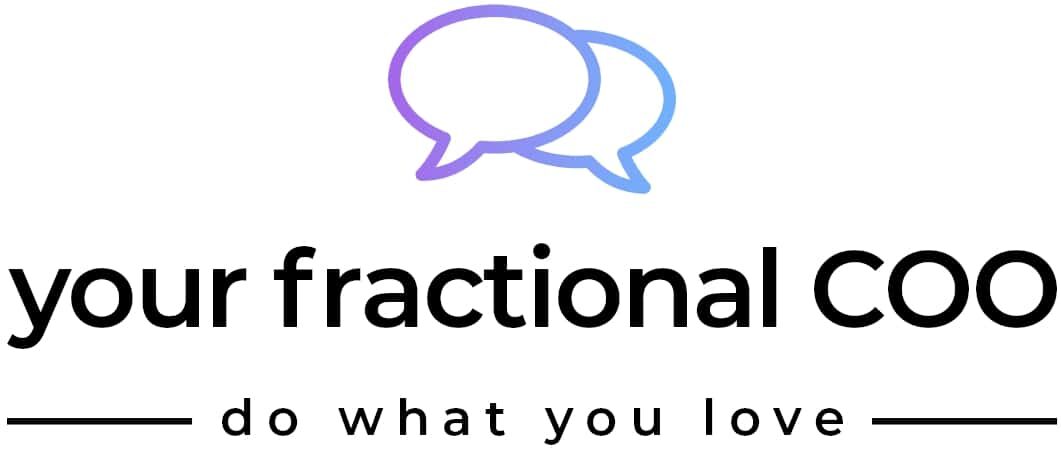Bookkeeping for Solopreneurs in Canada: Tips to Manage Money

Starting your own business is an exciting venture, but it can also be overwhelming, especially when you are managing everything yourself. As a solo business owner, one of the key aspects you’ll need to master is bookkeeping. Accurate bookkeeping for solopreneurs in Canada is crucial for maintaining your financial health and ensuring that your business runs smoothly.
When it comes to the types of business setups most solopreneurs have, the majority operate as sole proprietorships due to the simplicity and ease of setup. However, some may choose to incorporate their business to take advantage of potential tax benefits and legal protections. Make sure you discuss your options with a corporate lawyer or accountant when you are setting up your business.
Freelancers often juggle multiple clients and projects, making bookkeeping a challenge. Use online tools to track your income and expenses. Regularly update your records to avoid falling behind and ensure you’re always on top of your financial situation.
If you are looking for help in getting your bookkeeping in order, please contact me as I help solo professionals, especially lawyers, set up their cash management systems to ensure this is taken care of and there is one less thing you have to do.

What is a Solopreneur?
If you’re a freelancer, consultant, or any individual starting a new business on your own, you are considered a solopreneur. A solopreneur runs their own small business, often managing everything themselves. You could be a consultant, freelancer or anyone starting a new business.
When starting your own business, many people choose to manage their money themselves to keep the costs down. Being organized is key to starting off your cash management in a positive way and preventing issues later on.
Bookkeeping Tips for Solopreneurs
Keep Receipts for All Business Expenses
Tracking every business expense is crucial. Save receipts for everything related to your business, from office supplies to client lunches. These records are vital for tax purposes and help you to keep track of where you are spending your money.
TIP: Scan or take pictures of your receipts, name them with the date and a description and put them into a file folder on your computer.
Separate Your Business and Personal Finances
Mixing personal and business finances is a common mistake. When you are starting a business it is quite common to use your personal credit card or bank accounts to pay for expenses. Using a business credit card and avoiding personal account use for business expenses simplifies your bookkeeping and makes it easier to track income and expenses.
TIP: If you do not want to use an accounting program, use a spreadsheet to track your expenses. Make sure you include the date, description, amount before tax, GST/HST and total paid.
Why You Need a Business Bank Account
Open a business bank account to keep everything organized and separated. It not only keeps your finances clearly apart but also makes it easier to manage cash flow, accept payments, and pay business expenses. This separation is critical for maintaining clear and accurate financial records.
I recommend opening up a few bank accounts for different purposes including taxes, GST, profit, and operating expenses. The concept of Profit First is something I highly recommend to make your business profitable. Every time you generate revenue, you take a certain percentage of that money as profit as well as putting money into different categories. I highly suggest you purchase the book Profit First by Michael Michalowicz, to learn about the effectiveness of using these methods.
Set Aside Money for Taxes
Taxes can sneak up on you. Regularly set aside a portion of your income for taxes to avoid any surprises. Opening a separate account as mentioned above, just for tax savings, ensures you have enough when tax time rolls around. Make sure you also set aside money to cover Canada Pension Plan contributions that are due when you do your taxes.
TIP: Put aside at least 20% of your income received. Any extra money you have after you pay your taxes is a bonus. Ensure you discuss this with an accountant.

Withdrawing Money For Personal Use
Most business owners have a business because they are doing something they are good at and it’s their main source of income. They need money to pay their bills and to fund their life. When you are taking money out of your business for personal use, the best thing you can do is to ‘pay yourself’ after you have put aside money into your profit, GST/HST and corporate taxes accounts. Ensure you still leave money in your operating account to pay expenses.
TIP: This is referred to as an Owner’s Withdrawal or Draw. Best practice is to withdraw the money as one lump sum and track it that way. This is considered Equity as opposed to a Liability or Asset in the Chart of Accounts.
Home Office Expenses
Working from home is a great way to save money and reap the benefits. Understanding what qualifies as a deductible expense helps you reduce your taxable income. You can deduct many home office expenses including a portion of your rent or mortgage, utilities, and internet costs to name a few. Make sure to keep detailed records of these expenses to maximize your deductions.
TIP: Make sure you keep track of the amount of space within your home that is used for your business. You cannot deduct the whole amount you pay. If you use 10% of your home, you can use 10% of what you pay towards these expenses in your taxes.
What Is A Chart of Accounts?
A chart of accounts is a structured list of all the financial accounts used by a business, organized by categories. Some examples within each category are:
Assets – cash, bank accounts, accounts receivable, inventory, property
Liabilities – credit card, loans, sales tax
Equity – owner investment / drawings, retained earnings
Income – sales, digital products, commission
Expenses – advertising, professional fees, travel, office supplies, cost of goods sold
What’s the Best Accounting System for Your Needs
Finding the right accounting system can make a big difference. QuickBooks is popular amongst bookkeeping for solopreneurs in Canada for tracking income, expenses, invoicing and payments. Another program that I recommend, especially if you are a freelancer or just getting started is Wave. The best thing about Wave is that it is free for what you would need it for (except fees for receiving credit card payments) and it also generates the reports needed for financial analysis.
TIP: Choose a system that fits your needs and helps you stay organized. If you are hiring a bookkeeper, you may consider just using an Excel spreadsheet if that is easiest for you.

Benefits of Hiring a Professional Bookkeeper
Even if you’re just starting out and money is tight, consider hiring a professional bookkeeper. They can help you set up a system, track your finances, and ensure everything is accurate. This investment can save you time and headaches down the road.
Bookkeeping for Lawyers
Lawyers should consider professional bookkeeping services whether they are solo or in a firm. Managing legal finances is complex, and a professional can help ensure everything is handled correctly, allowing you to focus on your practice.
If you are starting a new law firm, you may want to establish a professional corporation. This setup provides specific advantages like limited liability and potential tax savings, making it a popular choice among solo lawyers in the legal field. Regardless of your business structure, effective bookkeeping practices are essential to keeping your finances in order and your business on track.

Conclusion
Bookkeeping for solopreneurs in Canada doesn’t have to be daunting. By keeping organized records, separating your finances, and investing in the right tools and services, you can maintain your financial health and focus on growing your business. Whether you’re a freelancer, starting a new business, or running a small firm, these tips will help you stay on track and manage your finances efficiently.




